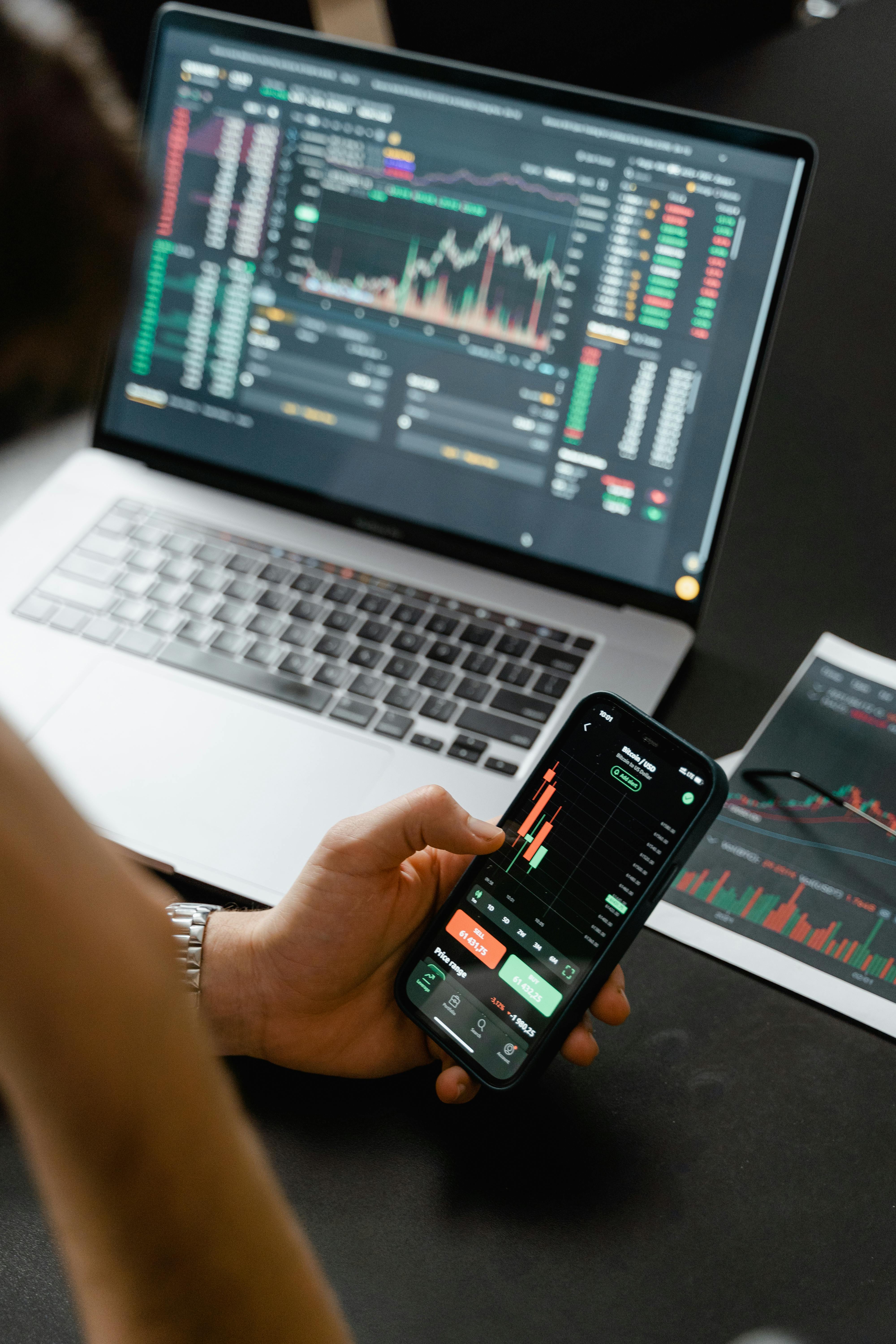
The Future of Decentralized Applications (DApps): Transforming Blockchain and DeFi Landscape
The Future of Decentralized Applications (DApps): Transforming Blockchain and DeFi Landscape
Understanding the DApps Ecosystem
Decentralized applications (DApps) represent a paradigm shift in software architecture, leveraging blockchain technology to create transparent, secure, and autonomous digital platforms. Unlike traditional centralized applications, DApps operate on distributed networks, eliminating single points of failure and providing unprecedented levels of user control and data integrity.
Technological Foundations and Architectural Innovation
Modern DApps are built on sophisticated blockchain frameworks, primarily Ethereum, Solana, and emerging platforms like Polkadot. These infrastructures enable complex smart contract execution, enabling developers to create sophisticated decentralized systems that can handle financial transactions, governance mechanisms, and complex computational tasks without intermediary intervention.
Global Regulatory Landscape
The legal framework surrounding DApps continues to evolve across multiple jurisdictions. Regulatory approaches vary significantly:
| Jurisdiction | Regulatory Approach | Key Considerations |
|---|---|---|
| United States | Securities-focused | SEC oversight, KYC requirements |
| Switzerland | Innovation-friendly | Crypto Valley regulatory sandbox |
| Cayman Islands | Crypto-neutral | Flexible corporate structures |
| British Virgin Islands | Offshore-friendly | Minimal regulatory friction |
Top Emerging DApp Protocols in 2024
1. Uniswap
A leading decentralized exchange protocol enabling automated token trading with unprecedented liquidity mechanisms. Uniswap has processed over $1.5 trillion in cumulative trading volume, demonstrating the massive potential of decentralized financial infrastructure.
2. Aave
A revolutionary lending protocol allowing users to earn interest and obtain flash loans without traditional banking intermediaries. Aave has consistently maintained over $4 billion in total value locked (TVL).
3. Chainlink
A decentralized oracle network providing real-world data integration for smart contracts, bridging blockchain ecosystems with external information sources.
Market Dynamics and Future Projections
The global DApp market is projected to reach $368.25 billion by 2027, with a compound annual growth rate exceeding 56.1%. This exponential growth reflects increasing institutional and retail interest in decentralized technologies.
Technological Challenges and Innovations
Developers are addressing critical scalability and performance challenges through layer-2 solutions, advanced consensus mechanisms, and cross-chain interoperability protocols. Emerging technologies like zero-knowledge proofs and sharding are revolutionizing transaction speed and privacy.
Strategic Implications for Enterprise Adoption
Enterprises are increasingly recognizing DApps' potential for reducing operational costs, enhancing transparency, and creating novel business models. Industries such as finance, supply chain management, and healthcare are at the forefront of blockchain integration.
RWA.codes: Your Decentralized Innovation Partner
At RWA.codes, we specialize in navigating the complex landscape of blockchain development and tokenization. Our expertise spans legal frameworks, technical implementation, and strategic consulting for organizations seeking to leverage decentralized technologies.
Our comprehensive services include:
- Custom DApp architecture design
- Regulatory compliance assessment
- Smart contract development
- Tokenization strategy
- Global jurisdictional advisory
Key Technical Capabilities
- Multi-chain development support
- Advanced security auditing
- Scalable infrastructure design
- Interoperability solutions
Contact our team to explore how decentralized technologies can transform your business ecosystem.